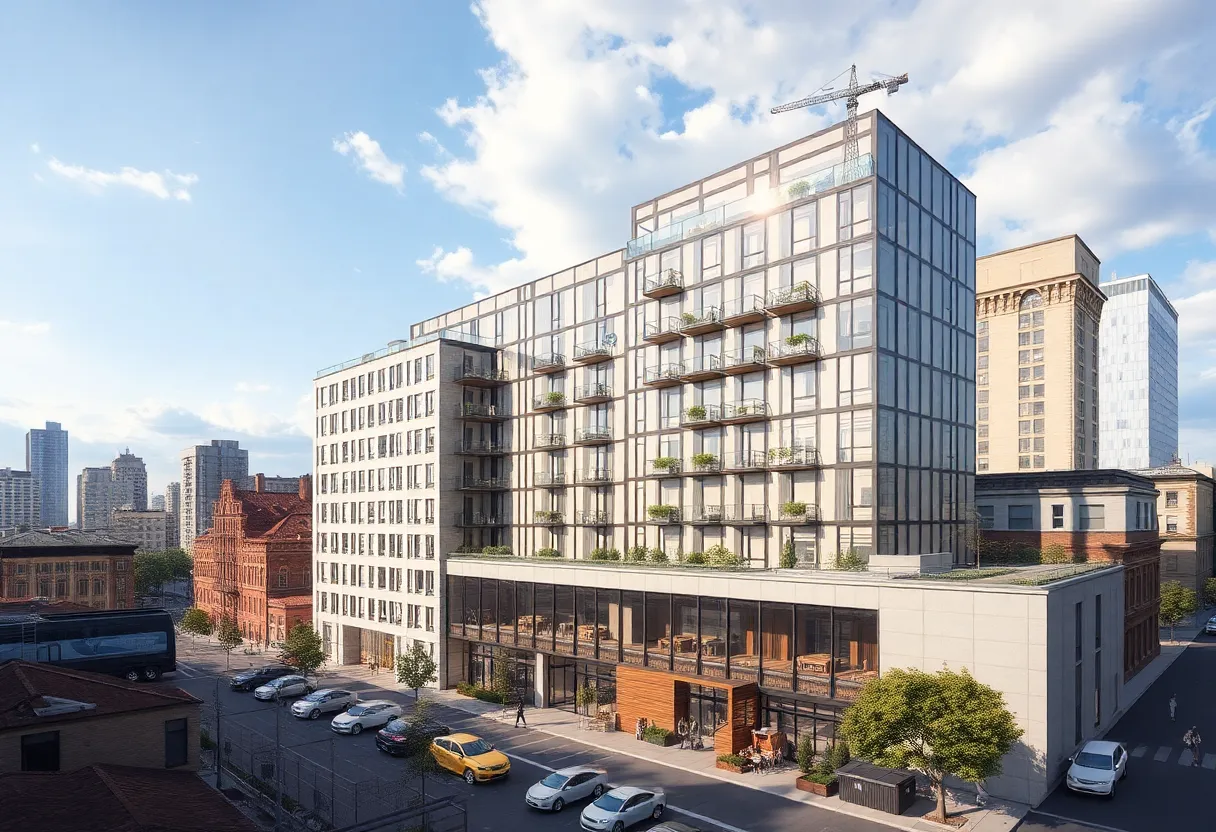News Summary
Virginia is experiencing a concerning rise in hospitalizations related to drug use disorders, with nearly 300,000 patients treated since 2020. The increase of over 11.3% in admissions highlights the urgent need for effective recovery programs and support systems. Certain areas like Richmond and Fairfax County are particularly impacted, and there’s a connection between drug use disorders and mental health issues. New legislation, the PEER Support Act, is aimed at improving recovery support services, as Virginia’s healthcare system faces workforce challenges, particularly within the behavioral health sector.
Virginia Hospitals Face Rising Drug Use Disorder Cases
Virginia is in the midst of a concerning trend, as hospitalizations due to drug use disorders have seen a significant spike over the past few years. Nearly 300,000 patients have been treated for these issues since 2020, and the number of patients admitted has increased by more than 11.3% in just five years. This alarming rise calls attention to the need for efficient recovery programs and support systems to tackle the growing problem.
Questions About Hospitalization Rates
From 2020 to now, the number of discharges from hospitals for drug use disorders rose from 57,925 to 64,460. This statistic illustrates the ongoing challenge faced by healthcare professionals as they work to provide much-needed assistance to those struggling with addiction.
The data also suggests that the majority of these hospitalizations—over 51%—involved patients who relied on Medicaid for coverage. Other types of insurance making up the hospital admissions included 18.3% from Medicare and 12.6% from private insurance. This highlights the widespread impact of drug-related issues across various demographics.
Breaking Down the Hotspots
Some areas in Virginia have been more affected than others. For example, Richmond, Fairfax County, and Henrico County reported hospitalization rates of 6.9%, 5.6%, and 4.6% respectively, while Norfolk and Virginia Beach each reported 4.4%. These numbers suggest that certain communities are facing more significant challenges than others in addressing substance use disorders.
The Ripple Effect: Mental Health and Drug Use
Interestingly, statistics show that more than one in four hospitalizations related to drug use disorders involved a secondary diagnosis of mental illness. Among these cases, 21% also indicated mental disorders linked to drugs or alcohol. This connection points to the multifaceted nature of addiction and underscores the necessity for integrated treatment approaches that address both mental and physical health.
New Policy on the Horizon
Amidst these troubling statistics, hope is on the way in the form of new federal legislation called the Providing Empathetic and Effective Recovery (PEER) Support Act. This act aims to expand access to certified peer support specialists, a crucial resource in helping individuals in recovery. The PEER Support Act proposes to remove barriers for these specialists and enhance training programs, ensuring that they are better prepared to assist those in need.
Introduced by lawmakers from both sides of the aisle, the goal is clear: to bridge the gaps in the current healthcare system. Supporters of the bill argue that peer recovery specialists are vital in reducing relapse rates, enhancing trust in treatment, and ultimately filling the workforce gaps experienced in the behavioral health field.
Addressing Workforce Challenges
Virginia’s healthcare system is grappling with an urgent workforce crisis, as nearly 40% of licensed behavioral health professionals are approaching retirement age. To exacerbate the situation, 93 out of 133 localities in the state are classified as Mental Health Professional Shortage Areas, affecting around two million Virginians. Unfortunately, many of these communities lack adequate access to licensed providers, creating a challenging environment for those seeking help.
Moving Forward with Hope
As the PEER Support Act awaits discussion in the Senate Health, Education, Labor, and Pensions Committee, many remain hopeful that these new initiatives will lead to healthier communities and improved outcomes for individuals battling drug use disorders. The journey is long, but by addressing these critical issues, Virginia can strive for a brighter future for all its residents, ensuring that the necessary support is in place to promote recovery and well-being.
Deeper Dive: News & Info About This Topic
- WRIC News
- Wikipedia: Substance Use Disorder
- NBC12 News
- Google Search: Drug Use Disorder
- Virginia Mercury
- Google Scholar: Substance Use Disorder
- Washington Examiner
- Encyclopedia Britannica: Substance Use Disorder
- Bacon’s Rebellion
- Google News: Virginia Substance Use Disorder







